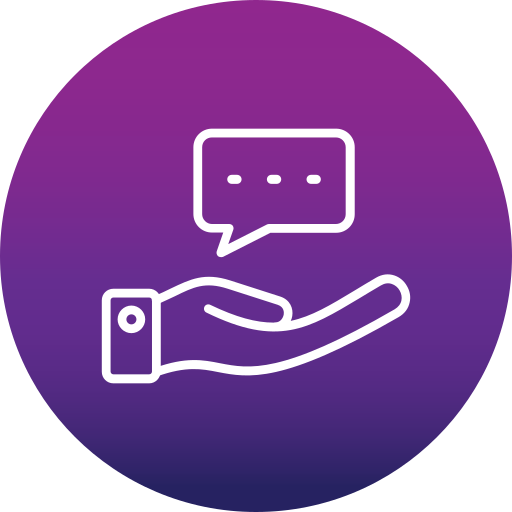What if I told you that you already have a brand, even if you’ve never thought about it?
 Image courtesy of Racool_studio via Freepik
Image courtesy of Racool_studio via Freepik
I have consistently worked on refining my personal brand, understanding that it’s more than just a professional identity — it’s an experience that resonates with others.
Why a Personal Brand Matters
Your personal brand isn’t just about landing your next opportunity, securing new clients, or earning a promotion — it’s about discovering greater happiness, purpose, and fulfillment in your daily work.

Building my personal brand helped me align my career with my passions, leading to greater fulfillment and professional growth.
Quiz
You want to create a personal brand but you're not sure where to start. What's the best first step?
How to Identify Your Unique Strengths

Ask yourself, "What do I do better than others? What are my values and passions?"
Reflect on key moments and challenges in your journey.
Identify the strengths and skills gained from these experiences.
Connect these insights directly to your goals and aspirations.
This self-exploration will help you recognize your unique strengths and align them with your professional aspirations.
For example, I once had to design training for a group with very different learning needs. It was challenging, but I realized I’m great at breaking down complex ideas and making them easy to understand. That experience helped me see my strength in creating clear, engaging learning materials and shaped my passion for helping others succeed.
Ask for Feedback

Seeking feedback helps you gain fresh perspectives, confirm your self-evaluation, and uncover hidden or underappreciated strengths and abilities.
By seeking feedback from mentors and colleagues, I discovered my strength in developing engaging and accessible learning materials.
Quiz: Help Alex Define His Personal Brand
Alex is a young professional trying to uncover their unique strengths and areas for growth to build a strong personal brand. Alex wants to gather feedback from people in their life but isn’t sure how to ask the right questions.

Scenario 1: Alex asks a colleague, "Can you describe me in three words and share any strengths or talents you’ve noticed?"
Scenario 2: Alex asks a mentor, "What do you think is my biggest weakness? Can you point out areas where I need improvement?"
Scenario 3: Alex asks a friend, "Can you tell me what you think I’m good at and any advice you might have for me?"
Scenario 4: Alex asks a family member, "What do you think are my best qualities, and how do you think I could improve professionally?"
Quiz
Which scenario(s) help Alex get the right feedback on his personal brand?
The Power of Consistency in Personal Branding
 Photo by Pawel Czerwinski on Unsplash
Photo by Pawel Czerwinski on UnsplashHow do you build trust through consistency?
Trust is built on authenticity — staying true to your values consistently strengthens credibility and fosters lasting connections.
Consistency goes beyond words — align your actions with your message. If you’re a thought leader, engage in discussions and industry events.
Your network shapes your personal brand. Surround yourself with people who align with your values, as their behavior and reputation reflect on you. Choose your associations wisely and maintain consistency in your connections.
Take Action

Believe in your personal brand. If I could do it, you can do it too!
Your feedback matters to us.
This Byte helped me better understand the topic.
